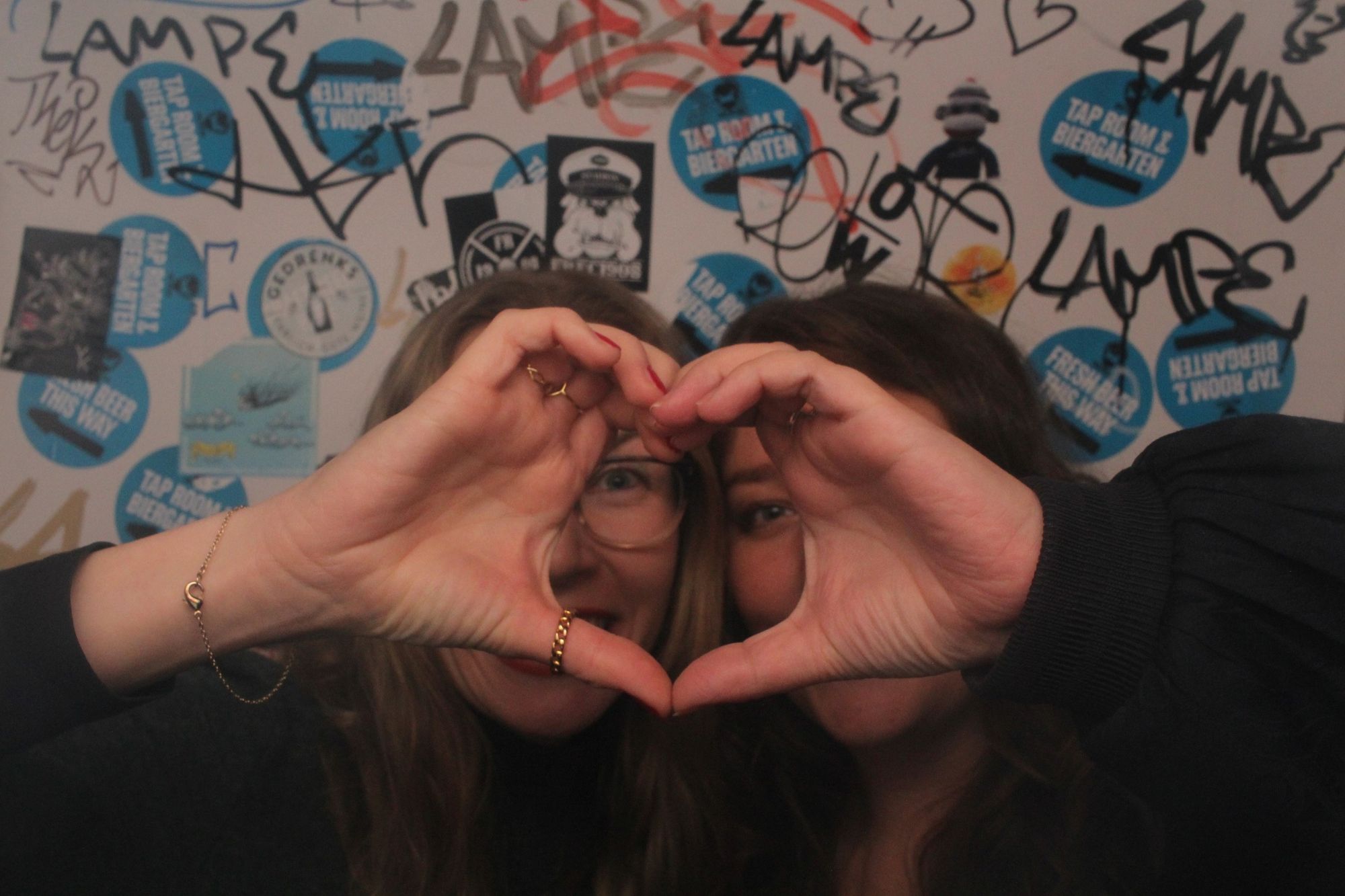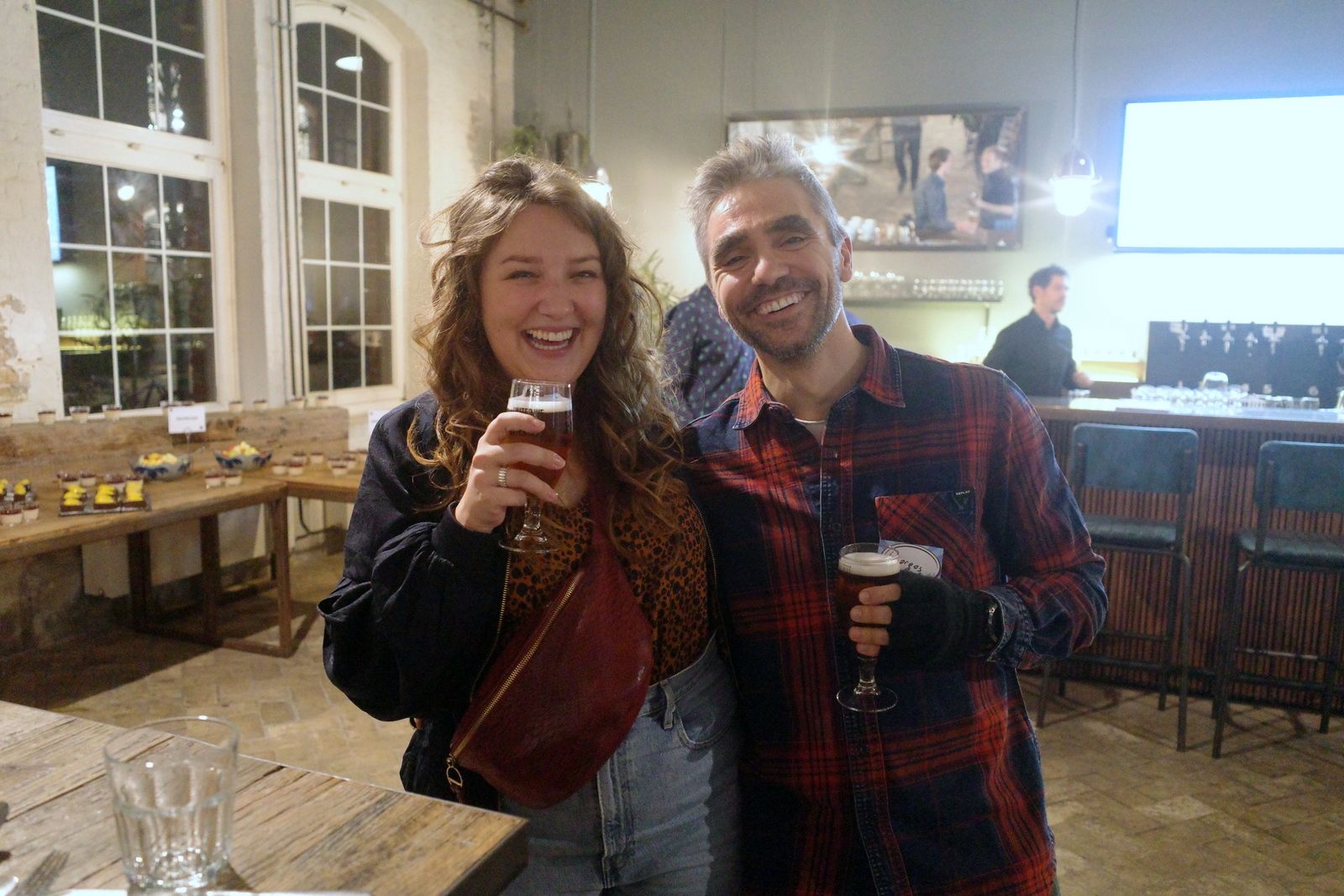The ivory tower called HR
Where does the phrase ‘sitting in an ivory tower’ come from and why is the personnel department often associated with this negative connotation? But more importantly, what can we as HR professionals do to avoid appearing to be sitting in an ivory tower?
It seems that the French literary critic Charles-Augustin Sainte-Beuve, in the course of an intellectual controversy with the poet Alfred de Vigny in the middle of the 19th century, wanted to express that de Vignys’ thoughts were unworldly and far removed from reality. Today, this refers to people who do their work in self-imposed seclusion, for example, lonely ‘sitting in an ivory tower’, so to speak. And often problems and even insights are simply ignored by those up there in the ivory tower and, to return to our example, the gap between the HR department and the employees is getting wider and wider as the understanding for each other decreases.
I call myself a HR Manager, at least that’s what it says on my LinkedIN profile. Whenever I meet new people – work-related or outside of work – I pause for a second before I answer the questions ‘so, what is it that you do?’ with ‘I’m a HR Manager’. Why do I pause? Because I constantly feel that I might be judged by what HR is often portrayed to be: so-called HR Managers or HR Business Partners sitting in their ivory tower not knowing what’s really going on in the trenches of the company and actually not wanting to know, but wanting to make the decisions that impact the employees. Now I know I’m overexaggerating, I don’t mean to offend anyone by my point of view and most certainly I don’t see myself as the best HR Manager in the world who has it all figured out. But my fear is not unsubstantiated, and I’ll tell you why. In my option, working in HR means working for the employees and not for my own benefit. And in order to do so I cannot sit in my ivory tower, but I must be close to those that I provide a service for – the service of HR! Now I could even go one step further and argue that what I provide to the employees of a company is not only a service, but a product. But let’s not drift off topic.
This essay is not going to be a ‘how-to guide’ and certainly the scope of the discussion is much larger than what I will elaborate here, but I want to provide my colleagues – fellow HR Managers as well as employees – with an insight as to what helps me distance myself from the ivory tower. I’m going to do so by using our company values as they can be interpreted from any given position at our company and hence guide us all.

💙 Human needs at the top of the backlog. I think this says it all. I have to prioritize the employees needs over every business decision that I’m involved in and keep their needs in mind at all times. Of course, as a HR Manager I’m sometimes caught between defending company decisions and acting in favour of the employees which is not always easy since I’m representing both sides. But the truth is, if a decision is made and does not play in favour of the employees, it probably isn’t the right decision to begin with. So, it is my responsibility to perform ‘checks and balances’. But in order to correctly represent the employees I must understand them and the only way to do so is by being close to them, listening and asking questions. I have to understand their daily work, the products that they built, the team that they are part of, and the path of their personnel development at the company. Surely, if you have chosen this profession, you should have a general interest in people. But it is about going the extra mile, leaving your ivory tower, and asking a team if you could be part of their sprint planning because you have a genuine interest in what they are working on and would like to hear more about their ideas as well was obstacles.
🙌 Customer be our king! Now in order to successfully build a product, you have to understand your customers. Most of our employees work as developers, designers as well as product owners and they have a clear idea of who their customers are – the end-users that they build products for. But the end-users out there aren’t my customers, at least not directly. My customers are the employees! And my product is HR (as a service)! The whole industry is praying ‘listen to your customers’, all the data that is being collected is – yes, sold sometimes as well – but also meant to provide those that make the products with the much-needed insight on what the customer wants. Companies have UX research departments that specialize in analysing customers. So, what they do on a large scale for millions of customers, I simply have to do on a smaller scale for roughly 150 customers, better known as employees. But the dedication is the same because I want my HR services to succeed just like our product owners want their products to flourish. And again, it is all about understanding the employees in order to provide the best service. So yet again, HR cannot be seated in the ivory tower but must actively do the research on employees and be close to them to fully understand their needs and if needed adjust the product: HR as a service.
👩💻 Learn. Grow. Repeat. I don’t like titles. You probably already got that when I explained how I hesitate to tell people what I do for a living. This time it’s not so much about the assumption of HR in general but more about the level of expertise. More precisely, about reaching a certain level of seniority which prevents us from continuously developing ourselves. When I connect to other HR professionals on LinkedIN I’m sometimes astonished by their choices of titles; for example, ‘Lead Human Relations Business Associate’. WOW – you’ve made it! Don’t get me wrong, I can totally relate to the fact that you want your hard work and years of experience be translated into a title that represents your efforts. But to me personally it also represents a race for seniority when I feel that we are never finish learning. I learn so much every single day, whether it’s from my colleagues about their work or simply the recent changes in labour law. Furthermore, just like every other employee I encounter challenges and I grow because of them. And I wake up the next day and I repeat it all over again. We don’t have to adjust our title every single time we’ve reached a new goal in our professional development. Sadly, I think the assumption of HR sitting in their ivory tower also stems from the ways in which we distinguish ourselves from the rest of the employees by having titles that don’t represent our scope of responsibilities anymore but by making us so senior and all-knowing that we’re building a wall of self-imposed seclusion. When the truth is, no one is every done learning, neither the ‘Lead Human Relations Business Associate’, nor the ‘Intern’.

✨ Build on failure & celebrate success. There are a lot of ways in which I can interpret this value to my line of work. I’ve failed my times – like we all do – and I build on it; I learn from my mistakes and whenever something works out perfectly, I celebrate my success! I believe the important message to take away from this is being open and honest about it, especially about failure. I think another reason why HR is seen as sitting in an ivory tower is because we make ourselves inaccessible and inapproachable. Possibly, because we fear being vulnerable. Employees are supposed to rely on us, and we are supposed to always have all the answers and act accordingly. This doesn’t leave much room for failure and the pressure is high. But arguably the pressure is only this high because we’ve created this situation in order to be showcased as invulnerable. How are employees supposed to trust us though with their issues and needs when we’ve never shown them our vulnerable side? How are we supposed to meet at eye level with our colleagues when we’re inapproachable? In order to become accessible to employees as HR professionals we have to fail in front of them and we cannot do so when we’re miles away in our ivory tower. The same goes for success, because celebrating my achievements alone and secluded isn’t going to give my any satisfaction unless I can share it with my colleagues.
✋ Last but not least. We take responsibility – always! I’m going to keep it short because this is an easy one. Not only am I responsible for all HR related matters but I am also responsible for all employees. But the same is applicable to everyone else too. All employees should feel the responsibility for themselves as well as their colleagues. By sharing responsibilities we’re working together and we’re demolishing the separation between HR Managers in their ivory tower and all other employees for that matter. The distance between us is not merely our fault, but it is our responsibility as HR professionals to extent and olive branch and open the conversation about working hand-in-hand because at the end of the day we’re all dependable on each other.
When I answer the questions ‘so, what is it that you do?’ in the future by proudly saying ‘I’m a HR Manager’, I want to get a good reaction from those across me. The only way I will get this – of course, in my option – is if my fellow HR Managers and HR Business Partners and however we all call ourselves, work together by polishing up the image of HR not sitting in their ivory tower. How can we accomplish this? By making the employees our top priority, treating them as equals and customers at the same time, learning about them and from them, opening up and even being vulnerable in front of them, and above all, by taking responsibility, and hopefully we’ll be able to demolish our self-made ivory tower.
written by Judith-Marie Graf, HR Manager